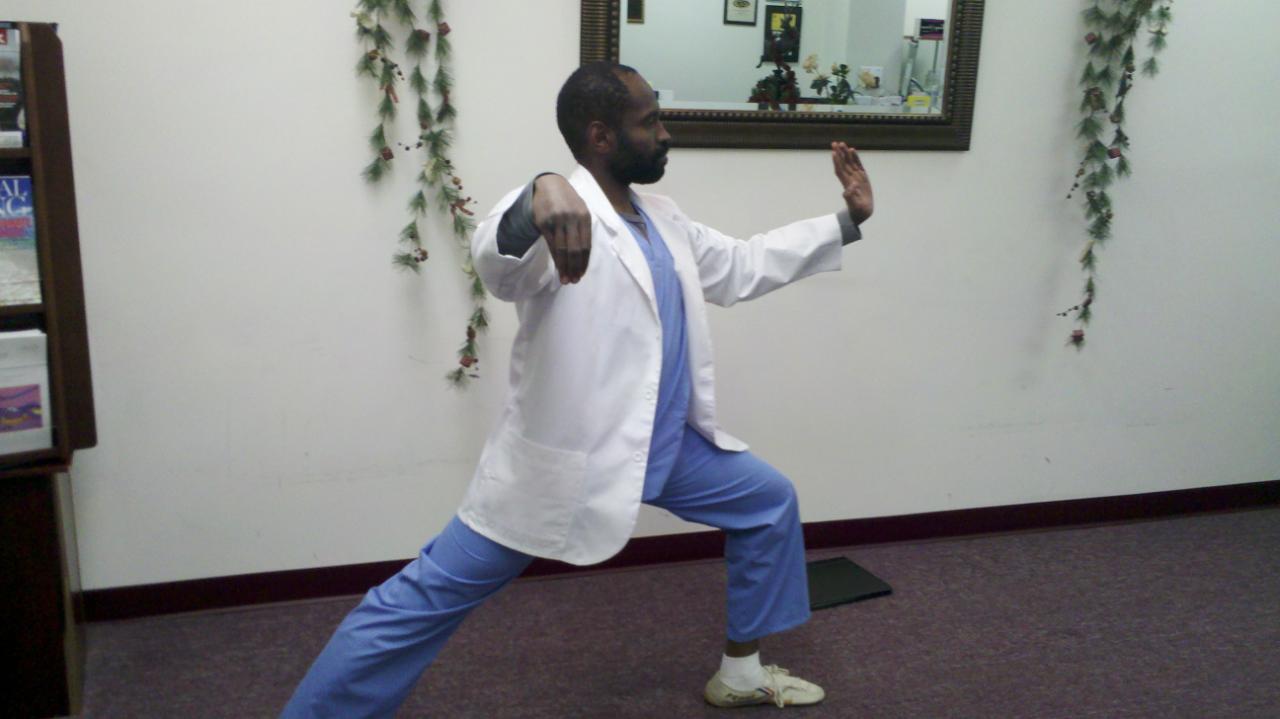Yes, the infamous case of the hiccups!
– Very well known amongst everyone, I think every person can recollect a time where they’ve had the hiccups and tried everything under the sun make it stop. Stand on your head, drink some water while rolling some dice trying to hit a 7 and get a new pair of shoes, or some other type of slapstick, comedic, 3-stooged method.
What are Hiccups?
Hiccups are involuntary spasms of the diaphragm and intercostal muscles (your ribcase area) following by the closing of the glottis, or vocal cords1. This can be caused by numerous factors, including too much food in the belly or eating too fast, alcohol, abdominal gas, a sudden change in temperature, or emotional excitement. Gastrointestinal surgery, anesthetic medications,antibiotics, antineoplastic agents (medications used to treat cancer), and dopamine agonists drugs used in Parkinson’s disease have been also associated in provoking hiccups2.
The nerves associated with the diaphragm are the vagus and phrenic nerves, which helps the diaphragm communicate with the brain.The diaphragm is the muscle that separates your chest from your abdomen and is very important for breathing.
Most incidences of hiccups will go away on their own, and on rare occasions it can persist for months resulting in malnutrition and exhaustion. Hiccup episodes lasting longer than 48 hours are considered persistent, and those lasting longer than 2 months
are labeled as intractable3.
Increased CO2 helps to suppress hiccups, hence why it’s recommended to breath in a bag or hold your breath.
Chinese Medicine and Hiccups
In Traditional Chinese Medicine we look at this in a couple of different ways, which we may see as retention of food or Stagnation of Qi (pronouced Chee) leading to reversal of qi. There could be other factors such what we call dampness which is related to indigestion and mucus, or cold in the stomach which can come from consuming too many cold or raw foods.
Retention of food occurs from overeating or when the digestive system isn’t working as efficiently as it can. This can cause other symptoms such as belching, nausea, vomiting, constipation, and diarrhea.
Stagnation of Qi is very interesting and very common in the US and western world. Your qi should be flowing continuous unhindered, and if impaired it could cause certain types of qi in your body to slow down and clump up, or reversing the direction of qi flow. One example of this is hiccups, and when the stomach qi cannot go down, it goes up. What causes the Qi to go up? It can happen through stress and anger which affects our liver Qi, which can affect our stomach qi.
Research on Acupuncture for Hiccups
Acupuncture is very effective for hiccups!
In a study published in 2010, 16 adult males with various forms of cancer and suffering from persistent hiccups were treated with acupuncture. 13 of the 16 had complete remission of hiccups after acupuncture, and 8 of those after only one treatment4.
In one randomized control study 80 patients suffering from hiccups due to a cerebrovascular accident were dividing into two groups. One group was treated with acupuncture and cupping, and the other group was treated with Ritalin. The conclusion of the study suggested that the acupuncture and cupping therapy “noticeably superior” to the treatment of Ritalin5.
In one case in a 2003 article from the Acupuncture in Medicine Journal, a gentlemen was treated for intractable hiccups using a point call PC6 and experienced relief after one treatment6.
Other ways to get rid of the hiccups
If you’re experiencing a case of the hiccups it may help to do some meditation, which will help calm down your nerves and autonomic nervous system. Drinking water, eating less gassy foods, eating a portioned meal, and keeping your stress levels low all may help you to prevent or stop a hiccups bout. If they do persist, then remember to contact your primary health care provider.
References
1,4 – A.X.Y. Ge, MD, LicAc, M.E. Ryan, MLS, G. Giaccone, MD, PhD, M.S. Hughes, MD, and Steven Z. Pavletic, MD. Acupuncture Treatment for Persistent Hiccups in
Patients with Cancer. J Altern Complement Med. 2010 July; 16(7): 811–816.
2,3 – Becker DDs, D. 2010. Nausea, Vomiting, and Hiccups: A Review of Mechanisms and Treatment. Anesth Prog. 2010 Winter; 57(4): 150–157.
5 – X. Hongliang, C. Xuemei, H. Shizhao, L. Chaofeng. Acupuncture and cupping for treatment of hiccup in cases of cerebrovascular accident. J Tradit Chin Med. 2006 Sep;26(3):175-6.
6 – Forrester M. Acupuncture for intractable hiccups. Acupunct Med. 2003 Jun;21(1-2):67.
WebMD. 2009. Hiccups – Topic Overview. http://www.webmd.com/digestive-disorders/tc/hiccups-topic-overview
Chinese Acupuncture and Moxibution, Cheng Xinnong, 1999

Carlo St. Juste II, MAOM has a background in acupuncture with over 10 years of clinical experience, published author, and over 16 years in the Martial Arts. He has worked with various organizations to implement employee wellness programs and workshops including The City of West Covina, The City of Brea, Broadcom, University of Southern California (USC), American Suzuki, and Pomona College. He is dedicated to promoting integrative health and has seen the benefits of knowledge and implementation first hand.
Mobile acupuncture and martial arts – Great concept and website. We are looking for acupuncture-related link exchanges. For acupuncturists looking for jobs, or acupuncture practices looking to hire new people, check out our website – http://holistic-jobs.com. Good luck.
Hi James, Thanks for stopping by and hope you return for more information!
Hi, my name is Fabrício and i enjoyed your website!! Congratulations! I’m an acupuncture student here in Brazil and i’m studying acupuncture related to diaphragm. Showld you email me this references articles files? I ‘ll be very grateful!
Fabrício
Hi Fabricio no problem! Glad you stopped by
Thank’s! my email is **********
could you send me that’s articles?
Comments are closed.